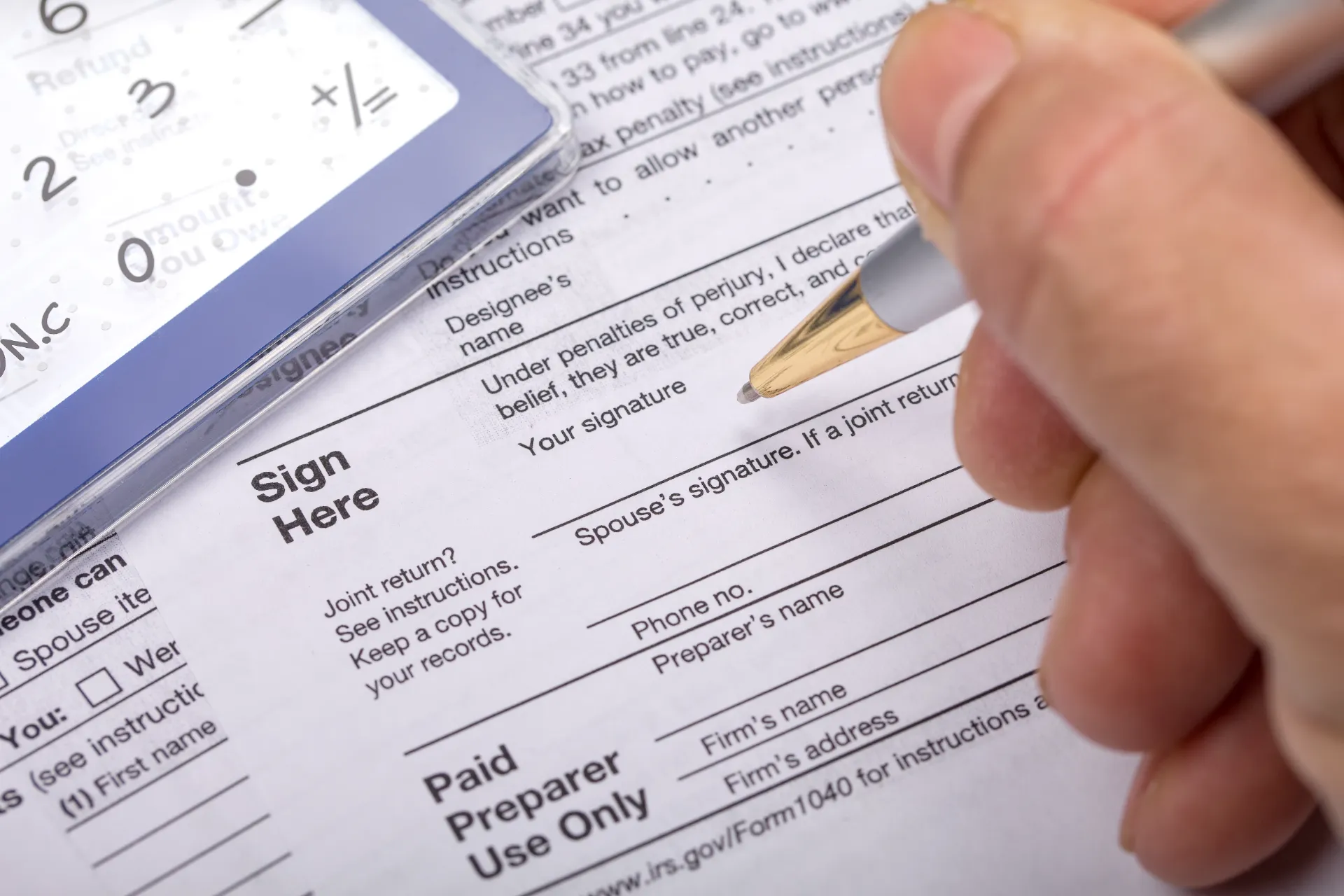
A Guide to Avoiding Council Tax Refund Scams in the UK
What exactly is council tax?
Council Tax is a local tax to pay for the services provided by the local government in the United Kingdom. It is based on the value of a property, and it helps fund police forces, firefighters, waste collection and other essential public services.
The purpose of Council Tax is to ensure that everyone who lives in an area pays their fair share towards these public services.
This article will explain what council tax refund scams are and how people can protect themselves from them.

What is a council tax refund scam?
Council tax scams are a type of fraud that target individuals who may be entitled to a refund of their council tax payments. A typical scam involves the perpetrator offering to assist the victim in claiming the refund, often for an upfront fee, to obtain their personal bank details. In reality, no refund is available and the individual ends up out of pocket and without any additional benefit.
Council tax refund scammers may claim that you are in the wrong council tax band, are paying too much council tax or are entitled to a council tax rebate. These scams typically ask for an upfront fee or personal bank account details in exchange for assistance with claiming any council tax refunds. They may also claim that you have paid too much council tax and they need to refund it back to your account using direct debit or by obtaining your debit card details.
How council tax refund scams work:
Scammers pretend to be from your local council tax team and often use tactics such as threatening legal action or offering a "guaranteed" refund in order to convince individuals to provide personal information.
For example, they might make false claims such as saying that the individual is owed a certain amount of money and if it is not paid into their bank immediately then legal action could be taken against them. They may also suggest that the individual can get an immediate refund, even though this is highly unlikely and unrealistic.
In other cases, scammers will attempt to create a sense of urgency by stating that the amount of money available for the refund will soon be gone, or they may claim that by providing their personal information they can get access to a larger sum than what is actually possible. In some cases, scammers will even offer discounts or special deals in order to entice people into giving out their private details.
Another common tactic used in council tax scams is to present themselves as representatives of official organisations such as local councils or government bodies when asking for personal information. This can be done via email, telephone calls, through door-to-door visits or a scam letter. They typically use language that implies legitimacy with words such as “official” or “authorized”.
It is important for people to remember that no legitimate organisation will ever ask for personal details over the phone or offer refunds without any proof of entitlement being provided first.

But why are they after your bank account information?
One of the most common tactics used by council tax refund scammers is to ask for bank account numbers or debit card details in order to process the refund. The intention of this request is to gain access to personal funds and hijack the individual's finances.
Scammers may also pressure people into agreeing to pay additional fees in order to speed up the process of obtaining the promised refund and obtain their owned money directly.
This often takes the form of upfront costs which are supposedly needed in order to cover administrative work related to processing the claim but it should be noted that genuine refunds do not require any fee payments – if someone suggests otherwise then it should be viewed with suspicion and reported immediately. Always ask for further information where possible.

Red flags to watch out for:
The most important warning sign that an offer of a council tax refund may be a scam is if the individual is contacted out of the blue, either by phone, text message, email or in person. Scammers may also use tactics such as threatening legal action or offering a “guaranteed” refund in order to convince individuals to provide personal information or pay a fee.
It is important for people to remember that no legitimate organisation will ever ask for personal details over the phone or offer refunds without any proof of entitlement being provided first. Additionally, scammers might suggest that the individual can get an immediate refund and they just need their bank details, even though this is highly unlikely and unrealistic.
One of the biggest giveaways that an offer of a council tax refund may be a scam is if they ask for bank details in order to process the refund – this should always be viewed with extreme caution and reported immediately.

Furthermore, scammers may attempt to create a sense of urgency by stating that the amount of money available for the refund will soon be gone, or they may claim that by providing their personal information they can get access to much more than what is actually possible. In some cases, scammers using phone calls will even offer discounts or special deals in order to entice people into giving out their private details which should also be viewed with suspicion.
In summary, any contact regarding a council tax refund which comes from someone out of the blue should always be treated with caution and it would be wise for individuals to obtain proof before providing any kind of personal information or payment details. Additionally, people should never agree to pay any fee upfront in exchange for assistance with claiming a refund and those who are concerned about potentially being targeted by council tax fraudsters should report it immediately.

Red flags to watch out for:
1. Be wary of any contact which comes out of the blue regarding a council tax refund and obtain proof before providing personal information or payment details
2. Never agree to pay any fee upfront in exchange for assistance with claiming a refund
3. Do not provide bank account information to anyone over the phone or online
4. Watch out for language that implies legitimacy such as “official” or “authorized”
5. Be aware of attempts to create a sense of urgency by stating that only limited funds are available for refunds
6. Ignore offers which promise more than is realistically possible from a genuine refund claim
7. Avoid responding to special discounts and deals offered in exchange for personal information
8. Report any suspicious activity immediately

What can you do if fell victim to a council tax scam?
If you believe that you have been the victim of a council tax scam then it is important to take action immediately. Contact your local council and any other relevant authorities such as the police or trading standards.
Additionally, inform your bank or financial institution so they can check for any suspicious activity on your account and monitor it more closely.
Finally, ensure that all personal information which has been shared with scammers is removed from public databases. This can be done by contacting data brokers who may have sold this information to them in the first place. Taking these steps will help minimise the risk of further fraud occurring in the future.

If you are unsure who is calling you, there is a way to find out.
Simply visit who-called.co.uk and type in the callers number to see how other people rated their experience with this caller. Through the site you will be able to find helpful reviews, feedback and contact details for the organisation in question. Additionally, who-called.co.uk also offers a free call-blocking service which will help protect you from nuisance calls in the future.
In conclusion, council tax scams are becoming increasingly common and people should remain vigilant when contacted regarding potential refunds. Always treat offers of refunds with a healthy dose of suspicion, verify the source of any contact and never agree to pay any fees upfront. If you believe that you have been the victim of a scam then take action immediately by notifying the relevant authorities so they can investigate further. By taking these steps, it will be easier for people to protect themselves from becoming victims of fraud.